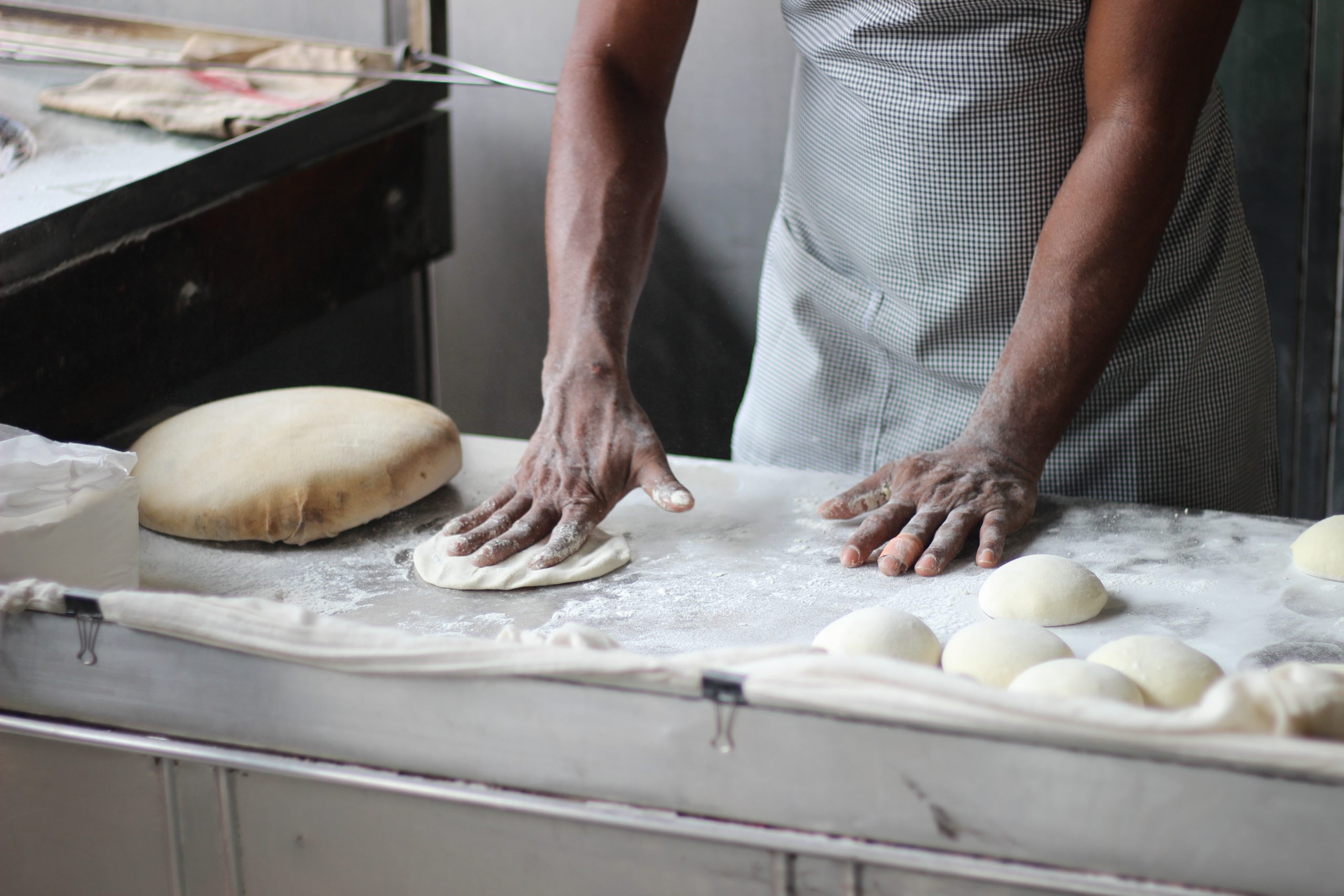[su_note note_color=”#ffe3e6″]This post contains affiliate links. Affiliate disclosure: As an Amazon Associate, we may earn commissions from qualifying purchases from Amazon.com and other Amazon websites.[/su_note]
Ladle of Contents
Key Takeaways:
- Stainless steel cookware is highly durable and compatible with a wide range of utensil materials.
- Consider the pros and cons of different utensil materials such as bamboo, wood, silicone, metal, and nylon/plastic.
- Bamboo and wooden utensils are environmentally friendly but require extra maintenance.
- Silicone utensils offer affordability and heat resistance but can be damaged by sharp knives.
- Metal utensils are durable and low maintenance but may cause superficial scratches on stainless steel surfaces.
- Nylon/plastic utensils are affordable and dishwasher safe but can melt easily and have food stick to them.
Introduction
When it comes to cooking, having the right utensils is essential. They can significantly impact your cooking experience and the longevity of your cookware. Stainless steel pots and pans are highly reliable and versatile, allowing you to use utensils made from various materials without worry. However, choosing the best utensils for your stainless steel cookware can enhance your cooking performance and ensure the longevity of your pots and pans. In this comprehensive guide, we will explore different utensil materials and help you make an informed decision when selecting kitchen stainless steel utensils.
Bamboo Utensils
Bamboo utensils are an excellent choice for eco-conscious individuals. Bamboo is a highly sustainable material that grows quickly and can be harvested without harming the plant. These utensils are durable, affordable, and easy to clean. They are naturally stain and odor resistant, making them suitable for various cooking tasks. However, bamboo utensils require extra maintenance compared to other materials. They are not dishwasher safe and should be hand washed to prevent moisture absorption. Additionally, bamboo utensils may require infrequent oiling to prevent them from becoming dry and brittle.
Wooden Utensils
Wooden utensils have a timeless appeal and are a classic choice for home kitchens. They come in a multitude of styles and types, allowing you to find the perfect match for your cooking needs. Wooden spoons and utensils are naturally germ and bacteria resistant, making them a hygienic option. They are also more environmentally friendly compared to some other materials. However, wooden utensils have some drawbacks. Being porous, they can stain easily, so it’s important to clean them promptly after use. Wooden utensils are not dishwasher safe and require regular hand washing. Additionally, they may need to be oiled fairly regularly to maintain their durability and prevent splintering and cracking.
Silicone Utensils
Silicone utensils have become increasingly popular in kitchens due to their affordability, versatility, and heat resistance. They are extremely affordable and come in a wide range of colors, allowing you to match them with your kitchen decor. Silicone utensils can withstand high temperatures, typically up to 650 °F, making them suitable for a variety of cooking tasks. They are flexible and durable, making them long-lasting. However, it’s important to be cautious with sharp knives as silicone can be easily damaged by them. It’s also worth noting that not all utensils marketed as silicone are 100% silicone. Some may contain fillers, which can reduce their durability and heat resistance. To check if your silicone utensils contain fillers, simply bend them slightly and look for a white mark.
Metal Utensils
Metal utensils, such as stainless steel or other metal alloys, are known for their durability and attractive appearance. They are a great choice if you’re looking for heavy-duty utensils that can withstand rigorous cooking tasks. Metal utensils are thin and sturdy, making them easy to handle and clean. They are also generally dishwasher safe and require low maintenance. However, using metal utensils with stainless steel pots and pans may cause superficial scratches over time. While these scratches won’t impact the performance of your cookware, if you want to keep your stainless steel surfaces looking pristine, you may want to avoid metal utensils.
Nylon/Plastic Utensils
Nylon and plastic utensils are the most affordable option when it comes to kitchen utensils. They are durable and dishwasher safe, making them convenient for everyday use. Nylon utensils, in particular, are rigid and excellent for flipping and stirring. However, one drawback is that food tends to stick to nylon and plastic utensils, making the cleanup process more time-consuming. Additionally, these utensils can melt easily if left unattended on a hot stovetop. While they may not offer the same level of elegance as other materials, nylon and plastic utensils can be a suitable choice if you’re searching for a budget-friendly option.
Conclusion
Choosing the right utensils for your stainless steel cookware is essential for an enjoyable and efficient cooking experience. With stainless steel’s durability, you have the flexibility to use utensils made from various materials. Consider your cooking needs, budget, and aesthetic preferences when selecting utensils. Bamboo and wooden utensils offer sustainability and a classic appeal but require more maintenance. Silicone utensils are affordable and heat resistant, but ensure they are made of pure silicone. Metal utensils provide durability but may cause superficial scratches. Nylon and plastic utensils are budget-friendly but can melt easily and have food stick to them. Ultimately, the choice of utensils comes down to personal preference. Experiment with different materials and find the perfect utensils that complement your stainless steel cookware and enhance your culinary adventures.



